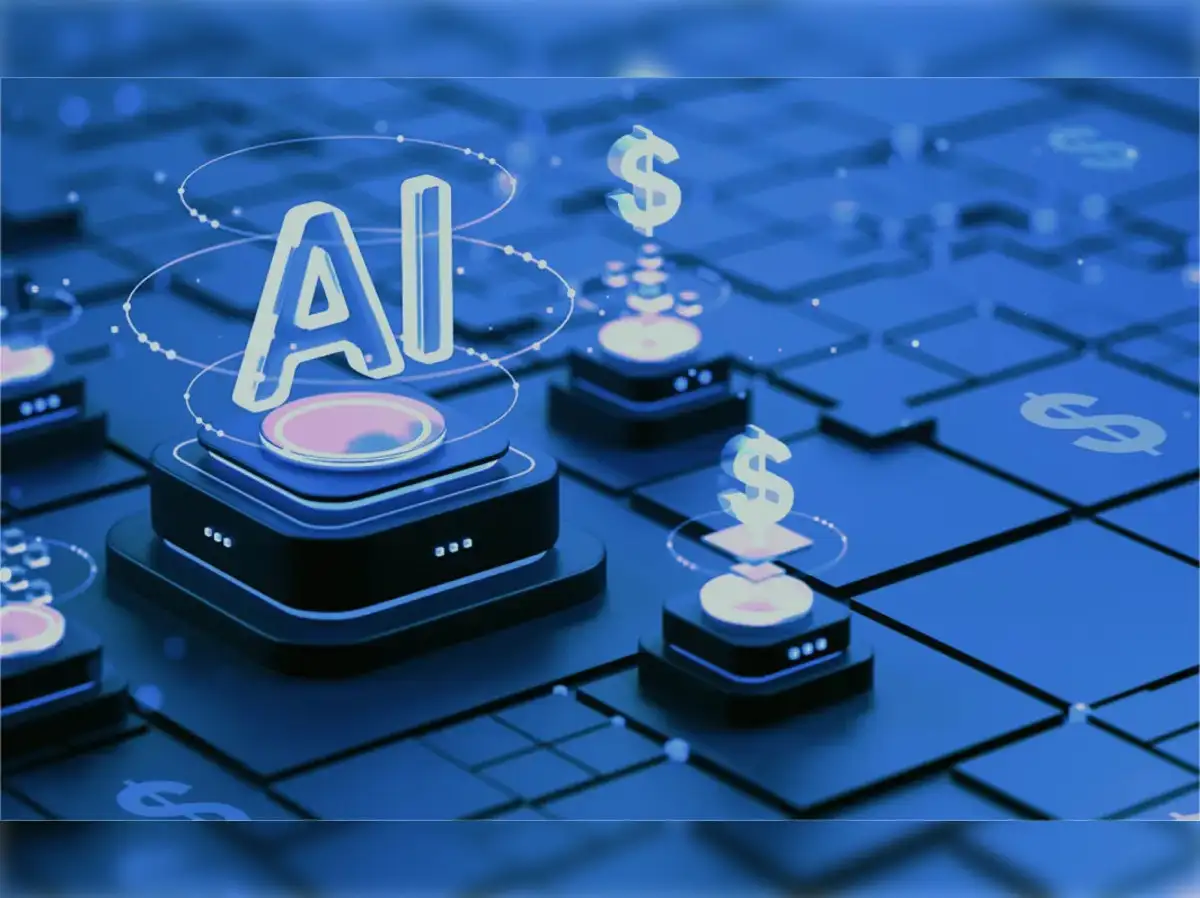News Flash
News Flash

DHAKA, Sept 17, 2025 (BSS) - Artificial intelligence (AI) could boost the value of trade in goods and services by nearly 40 percent by 2040 through reduction of trade costs, productivity gains and expanding participation in global market, observed a new World Trade Organization (WTO) report released today.
With the theme of ‘Making trade and AI work together to the benefit of all,’ the report also projected that the development and deployment of AI will generate a substantial increase global GDP, ranging from 12 to 13 per cent across scenarios.
“AI is already reshaping our economies and our societies. Though not without risks of its own, AI has the capacity to transform the ways we produce, consume, and trade,” said WTO Director-General Ngozi Okonjo-Iweala while releasing the report at an event at Geneva, Switzerland.
Explaining on the report, the DG stated that AI holds major promise to boost trade by lowering trade costs and reshaping the production of goods and services.
“WTO simulations suggest that by 2040, AI could increase exports of goods and services by nearly 40 per cent above current trends – 40 by 40 that’s how I remember it,” he added.
She noted that one key finding from their survey is that the private sector is already seeing tangible trade-related benefits from AI uptake.
“Around 90 percent of firms using AI report improved efficiency in managing trade risks or compliance with border procedures,” she said, warning that the gains from AI will not automatically be widely shared between and within economies.
“Our simulations show that without substantial improvements in digital infrastructure and AI uptake, low-income economies would see a modest 8 percent real income growth from AI, while high-income countries register double-digit increases. But narrowing digital and AI divides could almost double the GDP gains for low-income economies, to 15 percent, without substantially changing growth prospects in higher-income economies. In other words, inclusiveness is possible, and win-win scenarios are on the table - but it all requires deliberate action,” she explained.
Before formally launching the report, a press briefing took place where WTO’s deputy Director-General Johanna Hill and report coordinators Marc Bacchetta, Emmanuelle Ganne and Ankai Xu talked to journalists. They also explained the key features and highlights of the report.
Speaking at the briefing, Hill said uncertainty in trade policy weighs heavily on business confidence, investment and supply chains. Uncertainty remains one of the most disruptive forces in the global trading environment.
"These are certainly testing times for the multilateral trading system. But the fact that many WTO members continue to respond to trade measures in line with the WTO rulebook is definitely a silver lining," she added.
Now, while the trade landscape is changing fast and geopolitics, or geoeconomics, dominate the headlines, we are facing other trends that are reshaping the future of the global economy and international trade. AI is certainly one of them," Hill added.
According to the report, AI could lead to significant increases in trade and GDP by 2040, with global trade projected to rise by 34 per cent to 37 per cent across different scenarios based on ‘different degrees of policy and technological catch-up between low-middle- and high-income economies. ’
It said that trade, in turn, can be a powerful enabler of inclusive AI-supported growth by helping economies access AI-enabling goods, such as raw materials, semiconductors and intermediate inputs.
The WTO report also estimated that global trade in these goods totalled US$2.3 trillion in 2023.
However, the report noted that for AI and trade to contribute to inclusive growth policies need to be in place to bridge the digital divide, invest in workforce skills, and maintain an open and predictable trading environment.
The report also added that AI’s impact on inclusive growth will also depend on the design of trade and trade-related policies.
As trade-related AI challenges are rooted in broader policy issues, complementary policies in areas such as infrastructure, energy, education and government support, it suggested closer cooperation between the WTO and other international organisations to support broader global participation in the AI-driven economy.